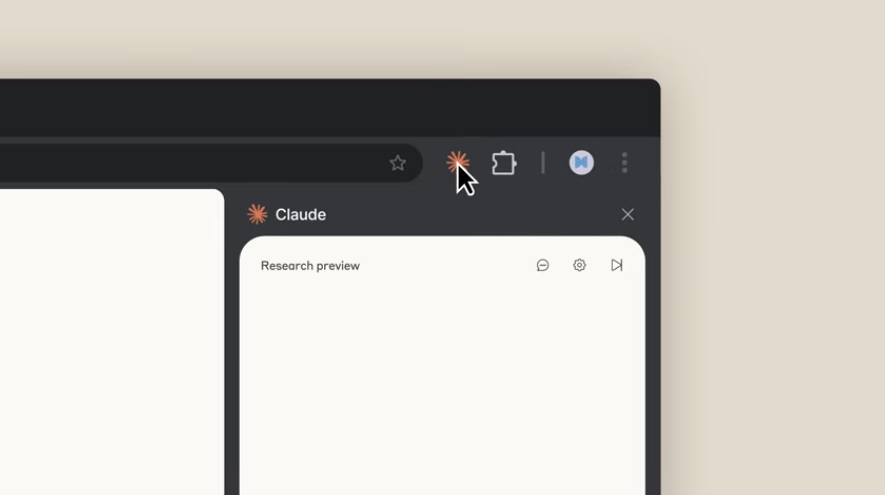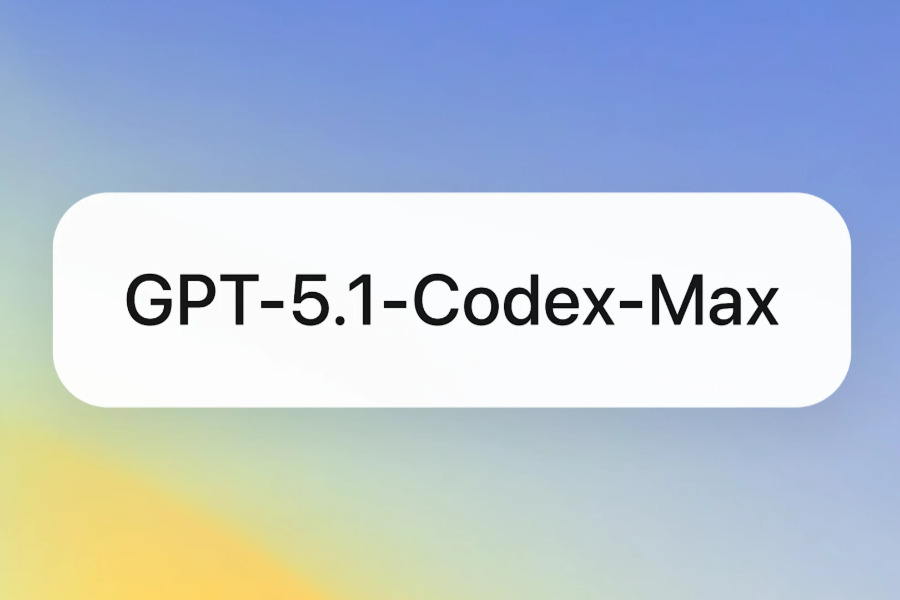Anthropic officially released Claude for Chrome, a groundbreaking browser extension that brings its AI assistant directly into the Chrome browser, enabling automated task management and website interaction.
This revolutionary tool is currently available as a research preview to 1,000 Anthropic Max plan subscribers, with a waitlist open for other interested users. The launch positions Anthropic in direct competition with Perplexity’s Comet and rumored browser integrations from OpenAI, marking the browser as the next major battleground for AI innovation.
Keep reading, let’s explore what makes Claude for Chrome unique, its security measures, how to access it, and what this means for the evolving AI browser landscape.
What is Claude for Chrome?
Claude for Chrome operates as a persistent digital assistant, living in a side panel of your Chrome browser via an extension. It’s always at the ready, poised to offer assistance whenever you need it.
What makes Claude truly exciting is its deep understanding of your browsing behavior and contextual information. With user authorization, it can even perform a wide range of tasks directly within the browser, creating a seamless connection between human and AI collaboration. This isn’t just a AI chatbot; it’s a dynamic partner that anticipates your needs and acts on your behalf.

This level of integration allows Claude to assist with everything from summarizing lengthy articles and drafting emails to researching complex topics and completing online forms. Instead of constantly switching between tabs or copying and pasting information, you can simply ask Claude to handle the task, making your online experience more efficient and intuitive.
For example, if you’re shopping for a new gadget, Claude could help compare product specifications across multiple websites and even guide you through the checkout process with your explicit permission.
Claude for Chrome’s Security Measures
Anthropic is well aware of the potential security risks that come with granting an AI agent browser access. This concern was highlighted last week when Brave’s security team exposed a significant vulnerability in Perplexity’s Comet browser agent, showing how malicious code could silently manipulate AI behavior through indirect prompt injection attacks.
In response to these challenges, Anthropic has implemented a robust defense strategy. Through extensive red-teaming experiments and carefully designed prevention measures, they have significantly reduced the success rate of prompt injection attacks from 23.6% to 11.2%.
Anthropic’s security approach is built on a multi-layered protection system:
- Permission Controls: Users can precisely control Claude’s website access permissions within the application settings.
- Blocklists: The system automatically blocks access to high-risk categories of websites including financial services, adult content, pirated material, and cryptocurrency platforms by default.
- Explicit Authorization: For sensitive operations like publishing content, making purchases, or sharing personal data, Claude requires explicit user authorization before proceeding.
- Ongoing Monitoring: The research preview is specifically designed to identify and address new security risks as they emerge.
This comprehensive approach ensures that every action remains under user control, providing peace of mind while browsing. Anthropic has learned from the mistakes of others, prioritizing user safety and transparency above all else to build a trustworthy and reliable AI agent.
How to Access Claude for Chrome
Current Availability
Access to Claude for Chrome is currently limited to 1,000 early adopters subscribed to Anthropic’s Max plan. The company has opened a waitlist for broader access in the future, suggesting they want to gather feedback and test safety measures before making the tool widely available.
Installation Process (Once Access is Granted)
- Open the Google Chrome browser on your desktop (the extension is not supported on mobile devices).
- Visit the Chrome Web Store using the link provided in your access email.
- Click “Add to Chrome” to install the extension.
- Sign in with your Claude account credentials when prompted.
- Pin the extension by clicking the puzzle piece icon, then the thumbtack icon next to “Claude.”
- Grant the necessary permissions to enable Claude to interact with your browser.
Once installed, the Claude icon will appear in your Chrome toolbar. Click it to open Claude in a side panel that stays visible while you browse.
The AI Browser Market Heats Up
Browsers are quickly becoming the new battleground for AI innovation. Perplexity recently launched its own AI browser, Comet, while OpenAI is reportedly developing a similar product. Not to be left behind, Google has integrated its Gemini AI directly into Chrome.
This intense competition is playing out against the backdrop of Google’s ongoing antitrust case in the U.S., which could potentially force the company to divest Chrome.
Notably, Perplexity has already made a $34.5 billion offer to acquire the browser, and OpenAI CEO Sam Altman has also publicly expressed his interest in a potential acquisition. The future of the browser market is far from certain, with AI agents at the very center of this high-stakes game.
Conclusion on Claude for Chrome
The arrival of Claude for Chrome marks a significant shift, as AI assistants move beyond the confines of chat windows and into the broader digital world. This intelligent agent, with its ability to understand context, perform tasks, and ensure security, could be the key to unlocking a truly smart browsing experience.
While the technology is still in its early stages and complex multi-step tasks may challenge its ability to maintain context, the potential is undeniable. As the technology matures and is refined through user feedback, it’s not hard to imagine a future where everyone has their personalized AI browsing companion.



